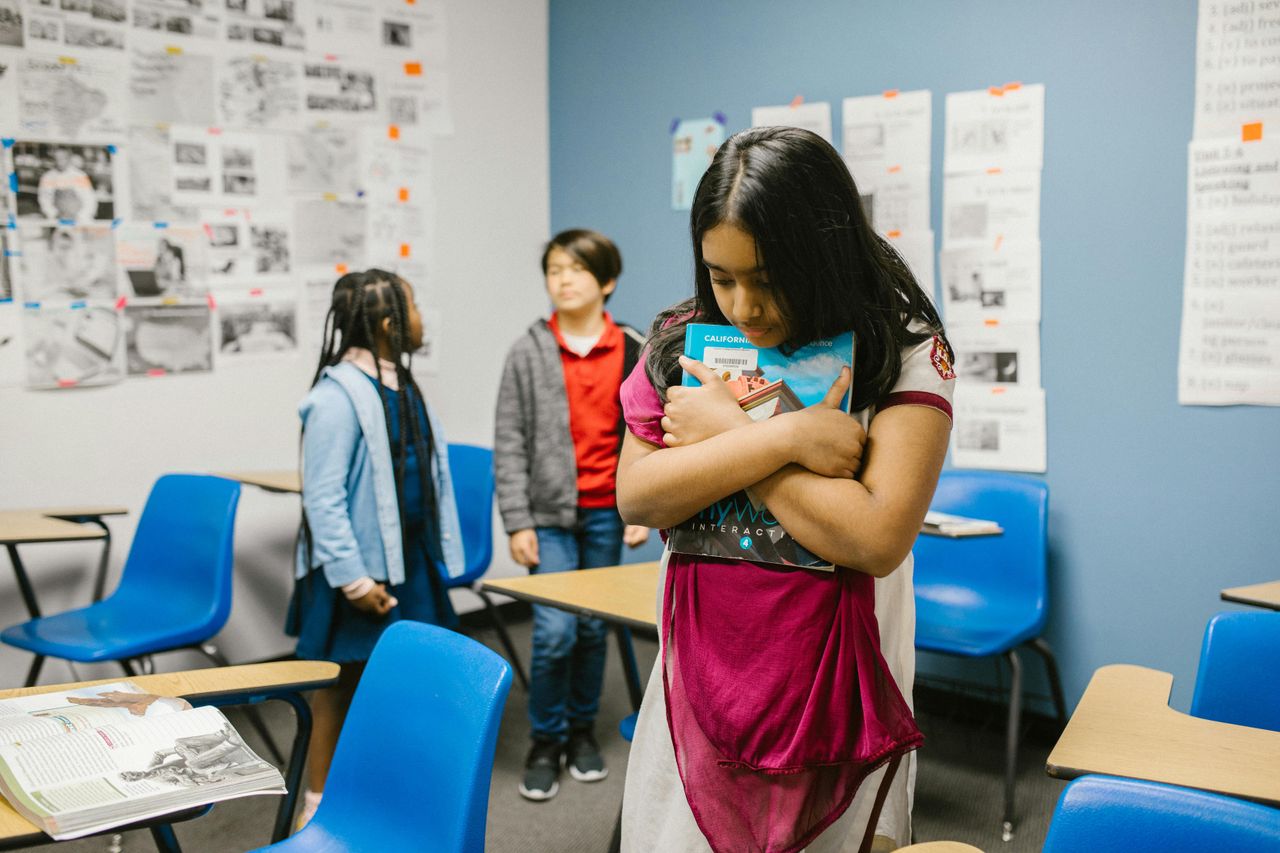Thursday, August 13, 2009
Learning By Experience
School, traditionally, is a place where a lot is talked about. That, really, is the function of schools - they allow us to learn about things. Specifically, school is a good place to learn about things that we don't or can't experience firsthand. Some of these things are really far away (the moon), some happened long before we were born (Ancient Greece), some are really, really big (black holes), and some are really, really small (atoms and molecules). Some things are abstract ideas (democracy) and others are models for things that exist in the real world (right triangles). School is the place where we get to learn about all of these things that we would not otherwise know about.
What, though, if we aren't content just learning about something? What if we want to learn the thing itself, and learn it directly? If I want to learn about Australia, for example, the best way for me to do that would be to actually go to Australia. Then, Uluru becomes more than a picture of a rock I saw in a magazine, and the Great Barrier Reef becomes more than the subject of a PBS broadcast. Going to Australia, of course, is not realistic for every student that learns about the country in school, so school has to suffice. But the point remains: instead of learning about something, it is much more effective to experience that thing firsthand.
Traditional models of school haven't been very good at implementing this common sense idea. Lately, though, there has been more of a push towards alternative models of learning, which include project-based learning, alternative forms of assessments (such as performance assessments and portfolio assessments), and internship and the integration of apprenticeship and internships. Each of these initiatives moves students away from learning about something and pushes them closer to authentic learning experiences. Despite its new "alternative" label, this is nothing new. Outward Bound has been engaged in experiential learning from its inception, and education pioneer John Dewey, who wrote extensively on experiential education around the turn of the 20th century. Many institutions of higher learning, such as medical school and law school, operate on apprenticeship and mentorship models. And middle and high schools are increasingly headed in this direction.
Gaining experience is a familiar topic to many college-bound students, but just as learning should not be thought of as a means to an end, the experience someone puts down on their college application or job resume should not be thought of as a hoop they have to jump through. The experience is itself a very authentic way to learn something, perhaps the best way to learn something.
At Tutorpedia, we are getting ready to offer a series of workshops for students that embody this idea. These workshops will be ideal environments in which small groups of students can experience something firsthand, and learn a great deal from it. Topics will range from recording original music to learning how to write essays - but the common thread will be that student's won't just learn about their topic; they will actually do it.
Subscribe to:
Post Comments (Atom)







No comments:
Post a Comment